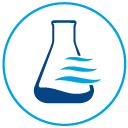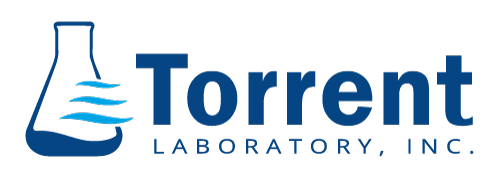
A Detailed Guide Regarding Quality Control Samples
An Overview of Quality Control
We all benefit from businesses’ efforts to determine, maintain and improve quality control in their industry. We don’t want to get sick from eating at a restaurant, we care about the quality and longevity of products we purchase, we like consistency in the quality of our favorite products and we definitely want clear and thorough results when we get our home drinking water tested.
The way environmental testing laboratories are able to ensure the highest quality results for their testing procedures is through the use of quality control parameters.
What is Quality Control?
Quality control parameters in an environmental laboratory refers to all of the actions, procedures, checks and decisions a laboratory must follow in the process of testing its samples. The goal is to ensure the integrity of all samples, the accuracy of analytical results and complete reliability. Quality control is required, essential and highly specified by regulatory guidelines from state and federal agencies, such as state regulatory agencies and the EPA.
Types of Quality Control Samples
Environmental testing labs use sampling for quality control in their analytical processes for every test sample. For instance, the control samples, called the Matrix Spike Sample and Matrix Spike Duplicate, are always used in order to compare known results with the results of an unknown sample.
They enable a chemist to calculate a recovery of the compounds contained in any unknown sample. When setting up their testing experiment, chemists need at least five sample types.
- Matrix Spike Sample (MS) – which contains compounds spiked into the sample at a known level.
- Matrix Spike Duplicate (MSD) – an exact duplicate of the spiked compounds in the Matrix Spike.
- Unknown – this is the test sample containing unknown amounts of the compound.
- Laboratory Control Sample (LCS) – contains target analyte within a control matrix of a purified sample material.
- Laboratory Control Sample Duplicate (LCSD) – a replicate of the LCS.
The results of testing all these samples ensure determinative sampling for quality control and provide assurance that the lab is monitoring the accuracy and precision of their analytical processes and evaluating their capability to report unbiased measurements.
How to Prepare Quality Control Samples
Laboratories and chemists are experts in the art and science of how to prepare quality control samples. But for the rest of us the process is mysterious and likely needs explanation. All QC samples must first be prepared and then processed using the exact same procedure in order for the results to be valid.
The Matrix Spike Sample (MS) and Matrix Spike Duplicate (MSD) are both prepared by following the exact same procedures as the Unknown Sample. The only difference is that the MS and MSD are prepared with known amounts of the sought after compound in the matrix.
Laboratory Control Samples (LCS/LCSD) are prepared by introducing a target analyte into a control matrix of a purified sample material, this could be something like deionized water or homogenous sand.
Understanding Quality Control Samples
The reason these quality control parameters and samples are important is because when, as a result of laboratory tests, the known compound is found in the Unknown Sample and found in both the MS and MSD at the levels introduced, then the presence of the compound can be confirmed.
Because the methods of testing for all five samples are always exactly the same, when the results of the quality control samples reveal an accurate measurement of the compound, the fact that the Unknown Sample contains the same compound is confirmed. When the target analytes are recovered in the LCS samples the laboratory can determine that their analytical procedure is effective. A laboratory’s capability for reporting unbiased measurements can then be clearly evaluated.
Conclusion
When seeking the highest quality environmental laboratory for your necessary and important tests, you will find no better partner than Torrent Laboratory. We offer the highest standards of Quality Control testing and combine that with decades of experience and the very finest chemists and engineers in the field. For those seeking more information on our Quality Control and Results packages, an overview is provided below. If you still have the question: “what is quality control protocol in Torrent’s lab?” or you need further guidance, please contact us at TorrentLab.com.
Torrents offers a range of options for Data Packages that report test results and give you written assurance of quality control in our testing.
Standard Level 2 Data Package
This is our standard report and is required in most commercial projects (redevelopment, development, remediation of contaminated sites, waste hauling, groundwater monitoring, affluent water monitoring, etc.) and meets the required assurance for data-related quality control.
Advanced Level 3 and 4 Data Packages
We also provide advanced reporting services in our Level III and Level IV data packages. Most Department of Defense (DoD) and similar projects require these more detailed reports. The Level 3 & 4 reports give you comprehensive data and quality control reporting. The Level IV report also gives you the raw data (including data processing forms, handwritten notes, email communication, etc).
Torrent Laboratory is the environmental testing lab that has—and does—it all!






